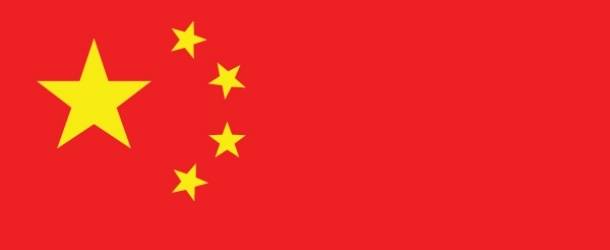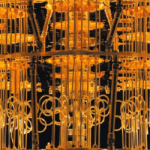Democracies Need to Work Together to Counter China’s Military-Industrial Complex Now Focused on AI, Robotics, Quantum Computing, Materials & High-Speed Transport

(Politico) Reports from the Halifax International Security Forum, the State Department and the Senate Foreign Relations Committee Republican majority all agree that China’s goals and methods have changed quickly and that the U.S., EU and other democracies will fail to outmaneuver China by operating alone.
China has successfully shifted focus away from manufacturing — which it now dominates globally — towards higher-value tech sectors via a “Made in China 2025” policy focused on AI, robotics, quantum computing, new materials and high speed transport.
The Senate Foreign Relations Committee worries that “due to its sheer size” China “already has an inherent edge” in new technologies, projected to overtake U.S. research and development spending by 2030.
China is formally creating the sort of military-industrial complex that exists informally in the U.S., — ”mobilizing all aspects of national power for science and technology” according to the committee.
Key to China’s success is heavy technology investment — signaling that any attempt to outpace China will require industrial policy investments. French Finance Minister Bruno Le Maire Wednesday urged the EU executive to make funding cloud technology a priority.
Too many of the world’s great challenges, including climate and inequality, require China’s input for the country to be isolated by the West, the Halifax International Security Forum report concludes, but those democracies will need to use the U.S.-led post-war alliance system to force chance.
Samantha Hoffman, senior analyst at the Australian Strategic Policy Institute’s International Cyber Policy Centre said liberal democracies must coordinate if they want to address China’s “tech-enhanced authoritarianism.” That means avoiding a narrow public debate on spying, she said, and focusing instead on fundamental research (to avoid relying on tech developed in China) and more internationally agreed standards (so that China does not set the standards themselves),



















